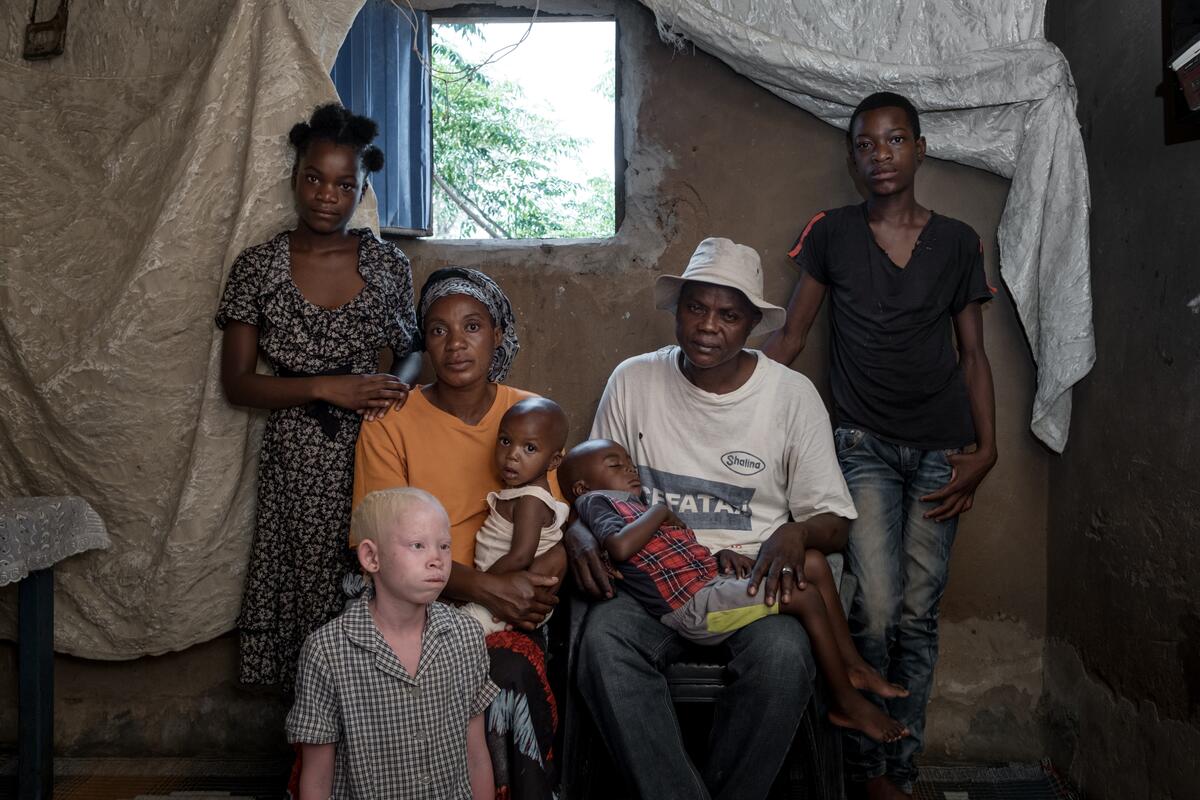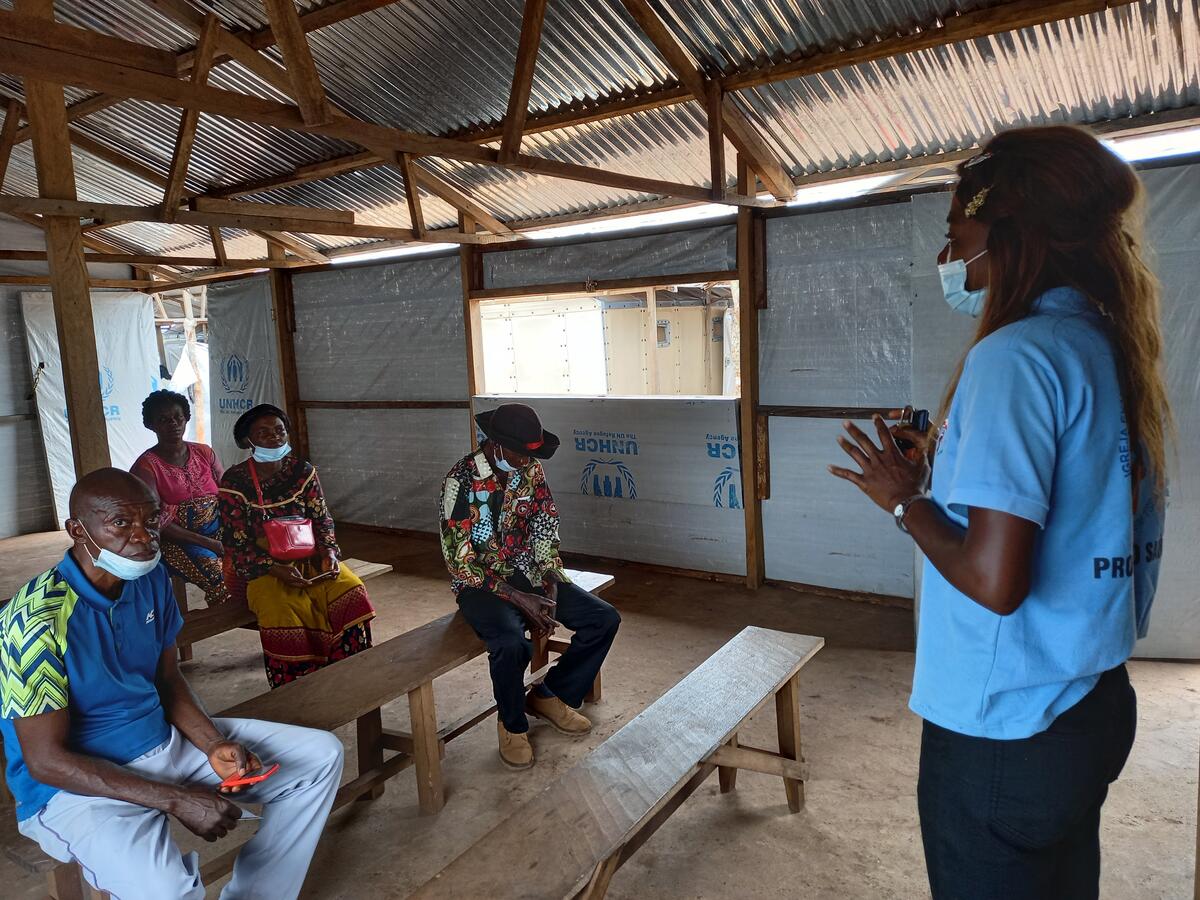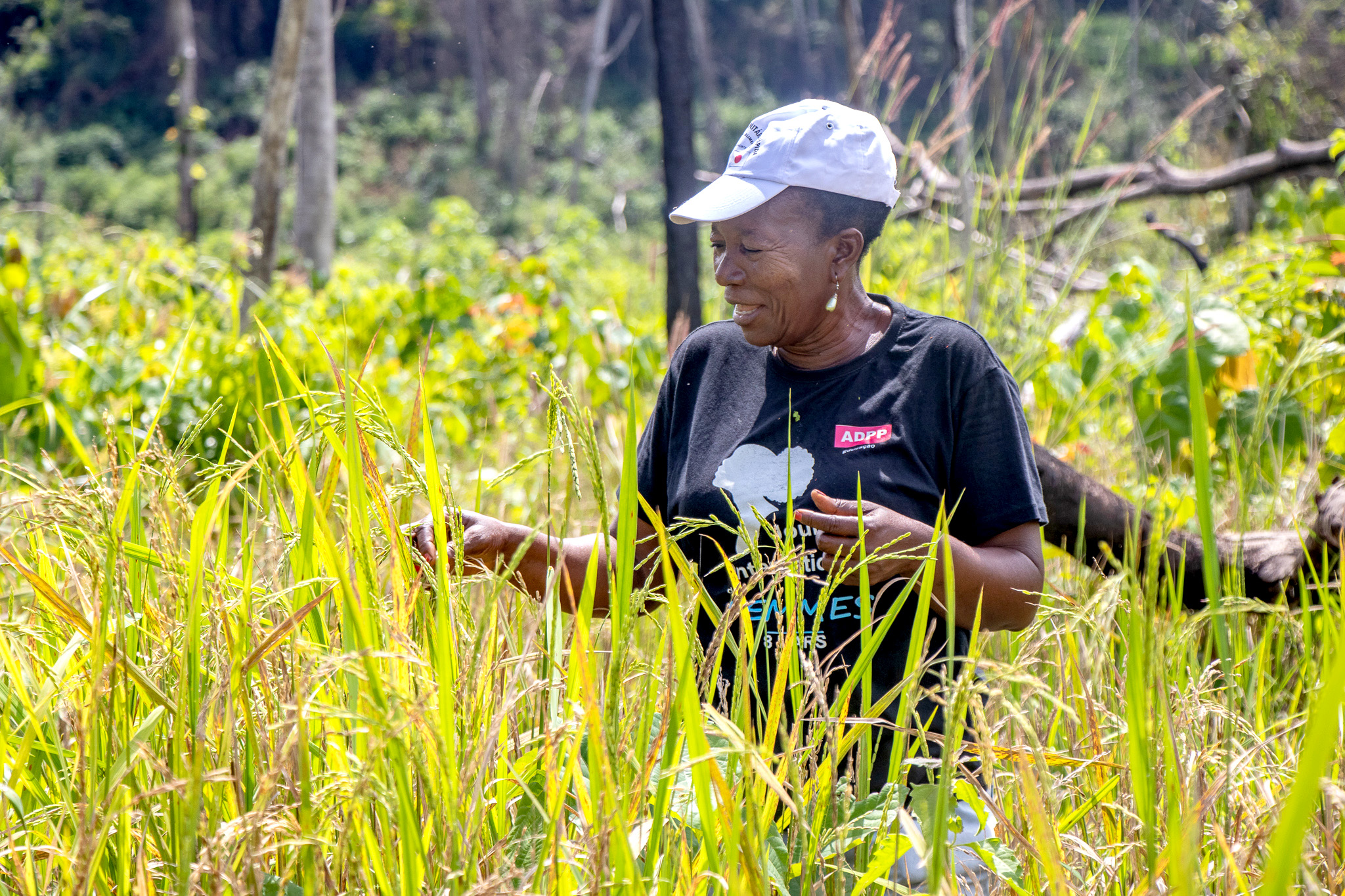Curfew along Namibia's north-eastern border may prevent refugees from fleeing Angolan fighting
Curfew along Namibia's north-eastern border may prevent refugees from fleeing Angolan fighting

WINDHOEK, Namibia, Oct. 26 (UNHCR) - The Namibia government's imposition of a dusk-to-dawn curfew along the country's north-eastern border could prevent Angolan refugees fleeing the renewed fighting between government and UNITA rebel forces from seeking asylum.
Namibia, together with Zambia, is one of the traditional destinations for Angolans escaping the 25-year-old civil war between the government and UNITA. The flow of refugees increases substantially at this time of year as opposing forces try to consolidate their positions before the start of the rainy season.
The refugees, most of whom come from Angola's Cuando Cubango Province, attempt to cross the border at night or at unofficial crossing points to avoid military controls from either side of the warring parties.
In a related development, UNHCR in Zambia was sending trucks to the Angolan border Friday to pick up a new group of about 400 refugees who arrived earlier in the day at various locations along the two countries' south-western border.
The refugees are to be transferred to a transit centre that has been built as an extension to the Nangweshi refugee camp in Zambia's Western Province. The Nangweshi centre is already full, housing some 15,700 Angolan refugees.
Despite the new arrivals, UNHCR said field reports indicated that the flow of refugees slowed during the past few days following last week's influx of 3,500 people.
The new transit centre at Nangweshi is itself already hosting 4,700 refugees, and the agency expressed concern that it, too, will soon reach capacity. It is trying to have the refugees in the staging area moved to dryer ground in a new camp on the eastern bank of the Zambesi River before rains make Nangweshi inaccessible in December.
In declaring its dusk to dawn curfew on October 17, the Namibian government invoked security concerns, including the risk of nightly incursions by UNITA fighters. The curfew applies along the 450 kilometre stretch of the Kavango River that forms the boundary between north-eastern Namibia and Cuando Cubango Province in Angola. The new restrictions prohibit anyone from travelling along the 450 kilometres and within a 200 metre area along this stretch between 6 pm and 6 am.
The number of Angolan refugees in Namibia increased by 60 percent last year and by another 9.5 percent so far this year, reaching 30,380 persons by the end of September, according to the refugee agency. Namibia, which in late 1999 reaffirmed its support for the Angolan government in its fight against the rebels, has since intensified controls in border areas and arrested illegal immigrants suspected of belonging to Angola's UNITA rebellion.
UNHCR has repeatedly asked that the rights of legitimate asylum seekers be respected in Namibia.
Early last year Namibia established special tribunals for illegal immigrants, granting UNHCR observer status. The U.N. agency has also obtained regular access to those detained in order to identify genuine asylum seekers among them, and was able to participate in hearings of the tribunals taking place in several towns,
In the first six months of 2001, UNHCR obtained the release of some 300 Angolans who were found to be genuine refugees among the 1,800 who had been arrested.








